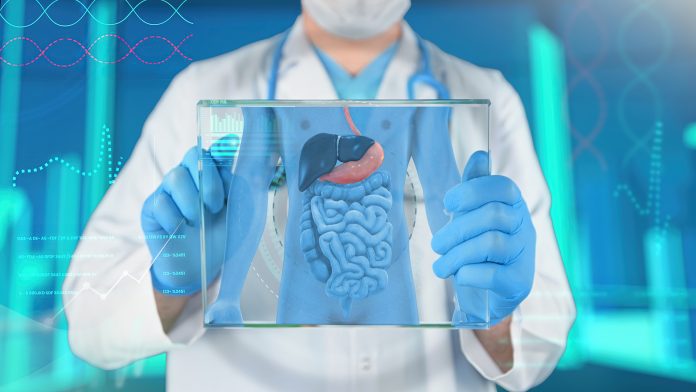
The use of genomic sequencing could predict the likelihood that patients with gastric cancer will benefit from chemotherapy or immunotherapy.
Gastric cancer (also known as stomach cancer) can be found anywhere in the stomach, and symptoms include difficulty swallowing, weight loss and indigestion. The risk of gastric cancer includes being older or overweight and smoking.
“Gastric cancer is among the leading causes of cancer-related death worldwide,” said Tae Hyun Hwang, PhD, the Florida Department of Health cancer chair at Mayo Clinic Cancer Center in Florida. Dr Hwang said most patients with gastric cancer are treated with chemotherapy, and sometimes immunotherapy, as part of their treatment plan. However, not all patients with gastric cancer derive benefit from these therapies.
“We sought to use genomic sequencing to build a model that predicts the likelihood that a patient will derive benefit from chemotherapy or immunotherapy,” said Dr Hwang.
The study is published in Nature Communications.
Treating gastric cancer
Gastric cancer can be treated in many ways; this study draws whether gastric cancer patients will benefit from chemotherapy or immunotherapy. Chemotherapy uses medicines to kill cancer cells, using cytotoxic drugs. Immunotherapy uses the immune system to fight cancer. It works by helping the immune system recognise and attack cancer cells.
To build this model, Dr Hwang and his team developed and implemented a machine learning algorithm that integrated genetic data from more than 5,000 patients. Next, the team developed a molecular signature consisting of 32 genes that could be used to guide patient care decisions.
“We were pleased that our 32-gene signature provided not only prognostic information but also predicted patient benefit from chemotherapy and immunotherapy,” said Dr Hwang. “In particular, we were surprised that the 32-gene signature we identified was able to predict a patient’s response to immunotherapy because identifying reliable biomarkers for immunotherapy response in patients with gastric cancer has been a challenge for the field.”
Dr Hwang explained that the 32-gene molecular signature still needs prospective validation, but he believes it eventually will be able to identify patients who are likely to respond to chemotherapy and immunotherapy.
“Similarly, we would also be able to identify patients who are unlikely to benefit from chemotherapy and immunotherapy, thereby sparing them the potential side effects of these therapies,” said Dr Hwang.
Accessible biomarkers
Dr Hwang and his team also are working to develop new assays based on the expression level of a single ― or several ― genes to make biomarkers more accessible and easily deployed in the clinical setting.
“We are working on artificial intelligence algorithms that utilise diagnostic histopathology images to identify patients most likely to derive benefit from immunotherapy,” said Dr Hwang. “We are also studying the molecular mechanisms of immunotherapy resistance made available by the machine learning and artificial intelligence approaches that we have developed in our lab.”









